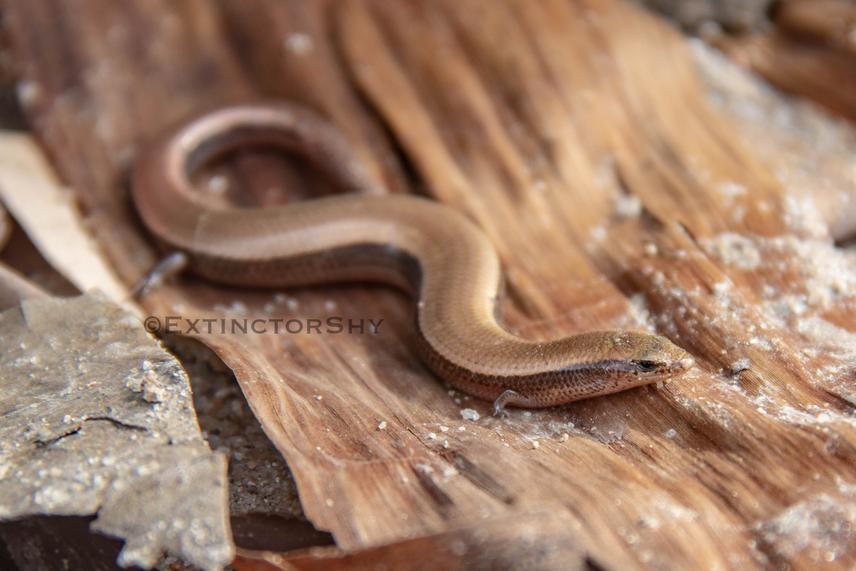Harith Farooq
Other projects
11 Jan 2023
The Curse of Having No Legs: A Quest to Find a Limbless Lizard Not Seen in Over 100 Years
In this study I plan to survey amphibians and reptiles in Lumbo, Mozambique. Although Lumbo is expected to house two data deficient species of legless skinks endemic to this area, Scolecoseps boulengeri and Proscelotes aenea, the area has not been surveyed for legless skinks in almost 90 years since Loveridge (1920) and Barbour and Loveridge (1928). Therefore, in our study we plan to assess the existence of these two species in Lumbo and sequence their DNA for the first time. Finding these species is expected to have high conservation implications and contribute significantly to the understanding of their genetic diversity.

Proscelotes aenea and not seen since 1918.
Northern Mozambique is one of the least studied areas in Africa in terms of biodiversity, leading to a recent initiative to find Key Biodiversity Areas (KBA) for Mozambique (WCS-Mozambique, 2019) to require the assessment of the IUCN status of possible “trigger species” prior to the KBA assessment process. KBA trigger species are generally species either threatened or range- restricted (IUCN, 2016). During the IUCN assessment, several species were assessed as Data Deficient (DD) due to lack of knowledge on their distribution and habitat, which in return made them ineligible as KBA trigger species. Two of the species of which were assessed as DD happen to coincide in Lumbo, a region situated in Northern Mozambique.
In this study, we plan to survey Lumbo, Nampula, for amphibians and reptiles. Although the area of Lumbo is expected to house two endemic data deficient species of legless skinks, Scolecoseps boulengeri and Proscelotes aenea the area has not been sampled in almost 100 years. Therefore, we plan to assess the existence of these two species in Lumbo and sequence their DNA for the first time. The finding of these species is expected to have high conservation implications and contribute significantly to the understanding of the phylogenetic relationships between these species and remaining legless skinks. This study will be the first one-year long survey of amphibians and reptiles in Mozambique and data such as yearly diet and abundance of many species will for the first time be recorded for the country.